25 Expert Predictions About the Future That Will Terrify You

Looking into a crystal ball can be a pretty frightening experience. While futurists and researchers see plenty of exciting things when they consider what the coming decades or centuries might hold, they also have found plenty of reasons for alarm. From the proliferation of invasive technology to increased likelihood of war and a widespread vulnerability to hacking, the future is potentially plenty bleak. Here, according to the experts, are 25 downright terrifying predictions about the future.
1
Intelligent Robots
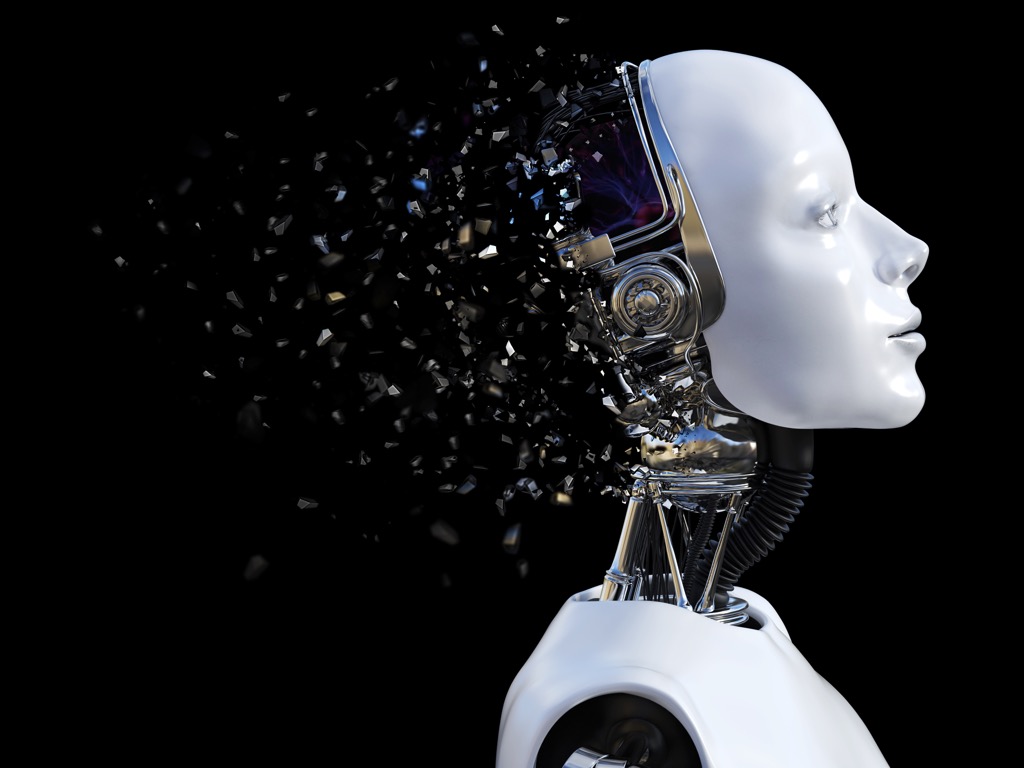
Many technology experts agree that the Singularity—the moment when artificial intelligence becomes smarter than humans—will occur in just a few decades’ time. Futurist Ray Kurzweil puts that date as 2045, and that it will be equally as smart as us in just over a decade. He tells Futurism, “2029 is the consistent date I have predicted for when an AI will pass a valid Turing test and therefore achieve human levels of intelligence.”
2
Better-Than-Human Robots
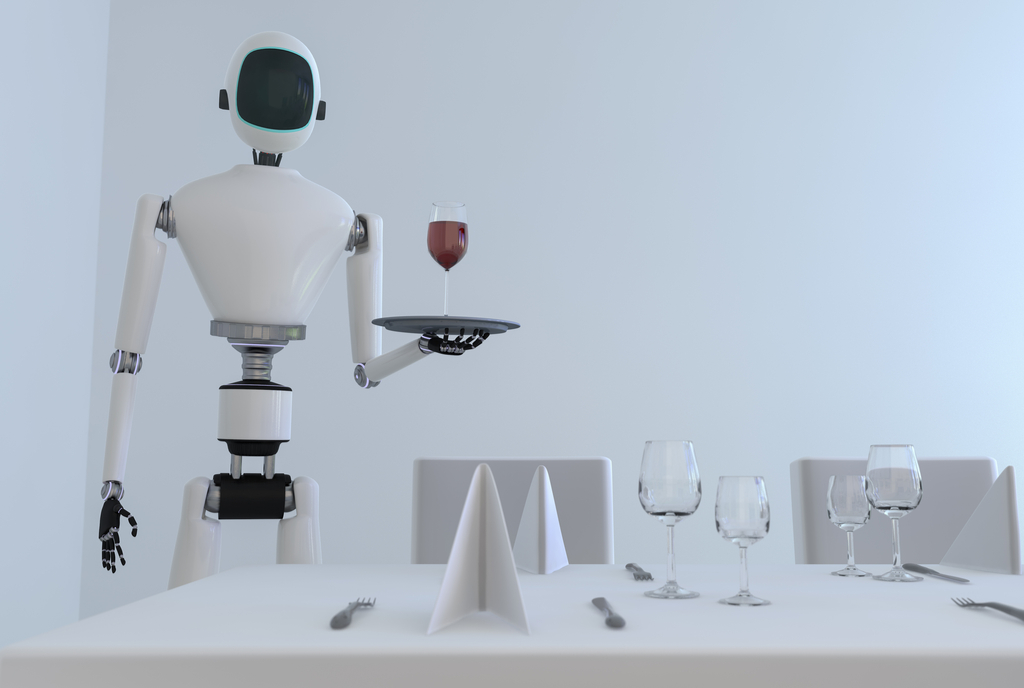
A more immediate concern that will only be exacerbated in the decades to come is the phasing out of jobs and entire industries as artificial intelligence makes them obsolete. “If we do not act promptly in anticipation of job disruption, we could experience a social catastrophe on a scale not seen since the Great Depression,” predict Rohit Talwar, Steve Wells, and Alexandra Whittington, leaders of Fast Future, a professional foresight firm. “Governments could be caught out by the pace and scale of automation through robotics and AI to such an extent that a sudden surge in unemployment leaves significant numbers of people without work and without the funds to provide for their families.”
They predict that such a situation would lead to all sorts of collateral issues, such as increasing social unrest, tension related to the income inequality, a rise in criminal behavior in order to meet basic needs, and potentially violent backlash against government leaders and authorities.
3
Degradation of the Free Press

“Around the world, the media is already being suppressed in both democratic nations and single party states,” say the Fast Future folks. “This process could continue as autocratic political leaders seek to crush anyone painting a negative picture of government and political decision making. A free fourth estate could become the exception rather than the norm within five years.”
4
Election Rigging

As technology has made voting easier in some parts of the world, it has also made voting systems more vulnerable to attacks—and these threats are only likely to grow, as we’ve seen in the efforts from Russians in the United States’ two most recent elections.
“Hacking an election, in terms of changing actual votes, is extremely risky for a nation-state to do against the United States, as it could lead to war, but for terrorists, hacktivists and some organized crime groups the risk may be worth it,” says Jason Glassberg, co-founder of Casaba Security, a hacking firm that does extensive research and testing for the Internet of Things. “At a minimum, expect to see ransomware and other cyber extortion targeting voting systems in the coming years. However, more dramatic attacks, such as permanently crippling voting machines or forcing the machines to re-tabulate votes, are also realistic.”
5
Automated Warfare

While reducing the need for soldiers to personally enter combat zones offers plenty of life-saving benefits, the flip side is presented by Paul Scharre’s new book Army of None, in which he describes a future where AI military weaponry systems can decide, unassisted, when to take a human life.
“The author argues that the idea of automated warfare is inevitable,” explains the Fast Future team. “He suggests there is little we can do to curb advancement of AI in defense, so we must promptly start to understand it, and deal with the serious ethical and legal implications it carries for the future.”
6
Mass Environmental Migration

We’ve already seen the kind of pressure and political tensions that mass migration and refugees can cause throughout the world—and we’ve yet to see the worst of it. As Scientific American explains, the recent controversy ginned up around the caravan of Central Americans traveling toward the United States is the sort of thing that is poised to become the new normal, according to Frank Femia, cofounder of the Center for Climate and Security. “It’s a future that’s rapidly arriving,” he says.
7
Digital Big Brother
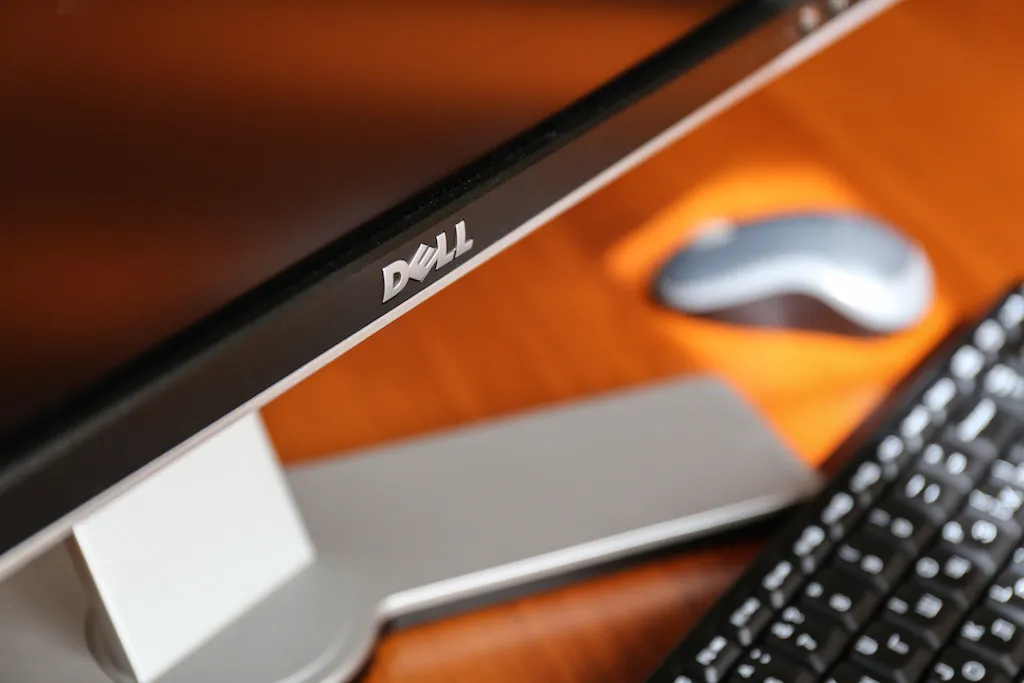
As AI becomes increasingly sophisticated, we will inevitably start to see applications in the security domain developed without programming by humans, according to the Fast Future team.
“Whilst not quite to the level of Skynet at the heart of the Terminator movie franchise, the machines promise to be far more sophisticated in their approach than humans and to develop more complex algorithms,” they predict. “Consequently, such developments will severely challenge our ability to understand, monitor, intervene, make changes, and exert control over our digital security bots.”
They expect that the surveillance and control these bots will have over our lives could increasingly infringe on our freedoms, giving a sense that robot overlords are watching us.
8
Hijacked Cities
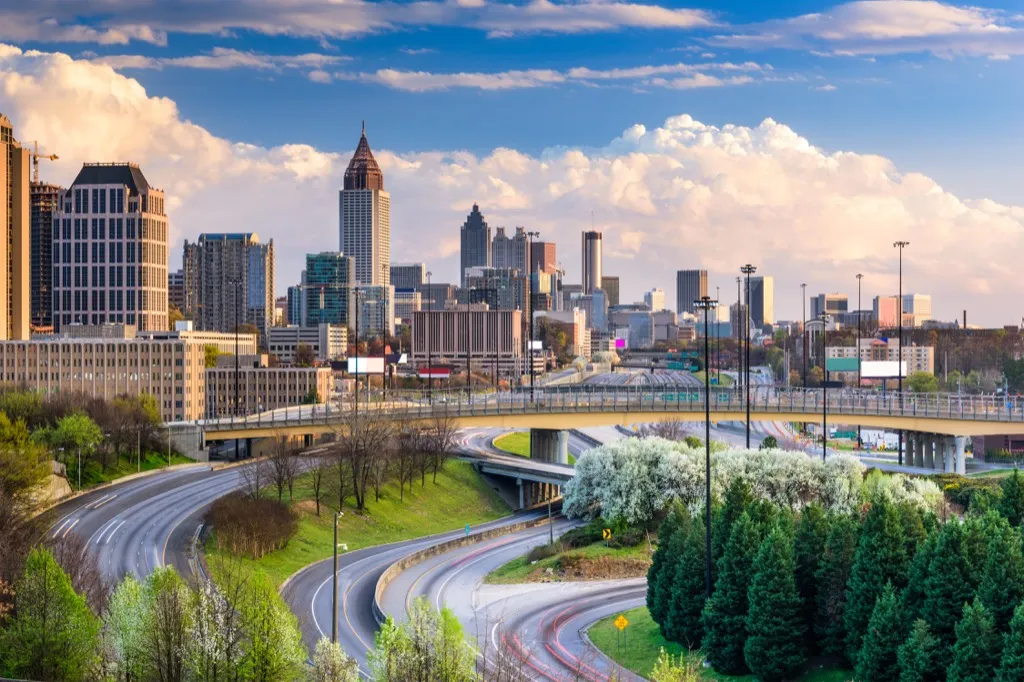
The dark side of our technological advancements is that we are also more vulnerable to attack. Glassberg points to the recent ransomware attack on Atlanta that froze the city’s systems, which eventually cost it $2.6 million for emergency response.
“We can expect to see more attacks like this in the coming years, particularly as city and county governments run a number of critical services which are often insecure and increasingly connected to the internet,” says Glassberg. “Since it has proven difficult to stop and prosecute these attacks, especially when they use simple tactics like ransomware, this is a very realistic scenario in the coming years as more criminal groups will hijack public services in order to demand large ransoms.”
9
Medical Device Hacks

“Murder and manslaughter via hacking is also increasingly realistic over the next few years, particularly due to the ongoing vulnerability in implanted medical devices and other critical health care devices,” suggests Glassberg. “We have already seen researchers demonstrate attacks on insulin pumps, pacemakers and other critical devices. These attacks become more realistic in the next few years as the exploits become more widely known and shared.”
10
Authoritarianism Uptick

We’ve seen in just a couple short years a rightward shift across the globe in response to immigration, security and economic concerns and more. Expect that to grow even in this hyper-connected world. As Gizmodo explains, “Following the September 11 attacks and the subsequent mailings of anthrax spores, the US government enacted the Homeland Security Act. This legislation was criticized for being too severe and reactionary, but it’s a perfect example of what happens when a nation feels under threat.”
11
Rising Sea Levels
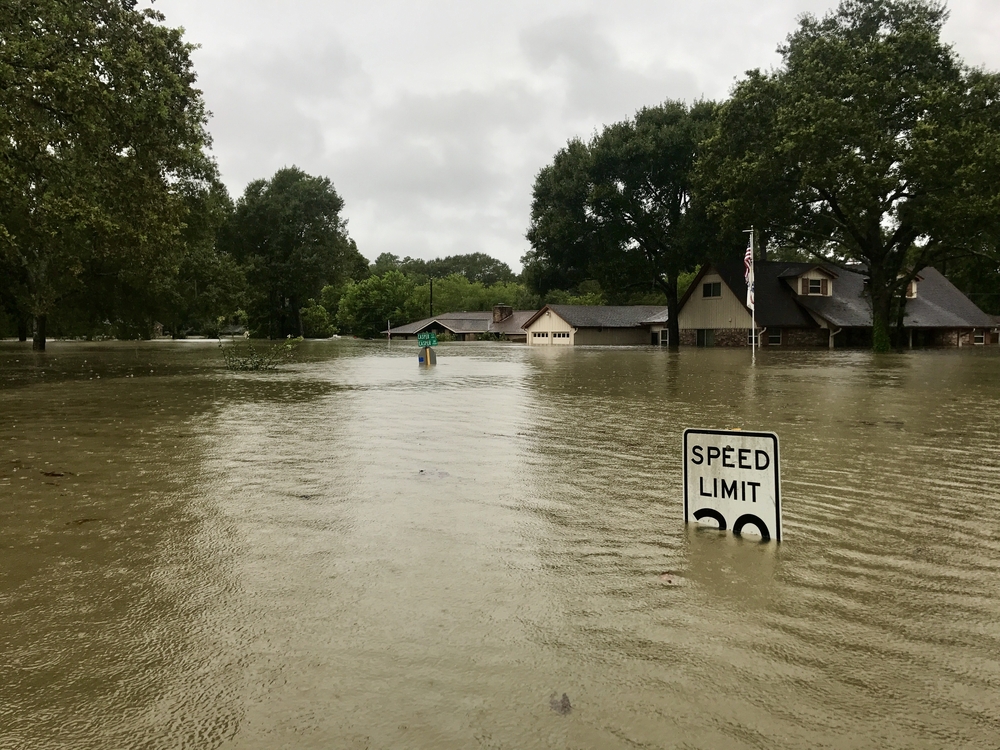
As the majority of the scientific community has pointed out: At the rate we are going, climate change will cause sea levels to rise at an increasing rate, devastating habitats, flooding hundreds of millions of people in coastal areas and creating a wide range of collateral destruction. More extreme estimates suggest, for example, that London could be submerged by 2100.
12
Car Takeovers

Just as hackers can take over a city or a medical device, the more connected our cars get, the more vulnerable they are to tampering by malevolent forces. “In the next few years, as more cars incorporate advanced features and greater internet connectivity, these attacks will spread to vehicles and could be used by hackers to essentially boot your car and then demand a large ransom to regain control,” says Glassberg. “After all, wouldn’t you be willing to pay a few hundred dollars to a hacker to be able to start your car again?”
He says that this can expand far more broadly—not just to an individual car but across an entire model with the same vulnerability or dealer fleets. “Ransomware is just the start of problems we could see in the automotive field in the coming years,” says Glassberg. “Remember the Jeep Cherokee hack from 2015? Those scenarios will become more probable once cars have greater internet connectivity and connected systems.”
13
Privacy Erosion
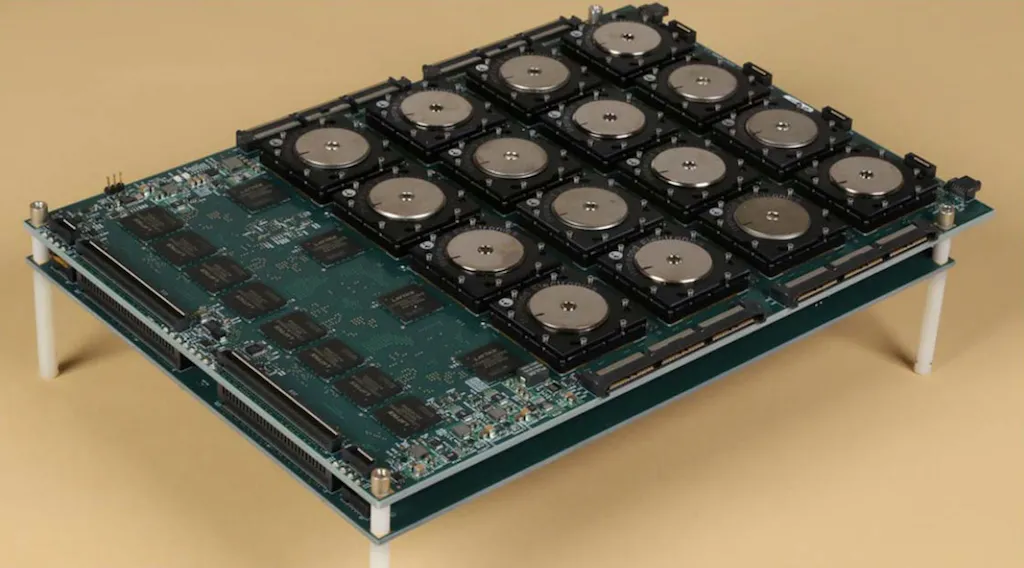
Forget CCTV cameras or phone bugs. We will soon have to contend with smart dust (undetectable microscopic computers) or computer chips implanted into our necks. While some might feel we’re already in a surveillance state—considering the ubiquity of cameras in every person’s pocket—experts believe things could get far more invasive.
14
Extinct Species
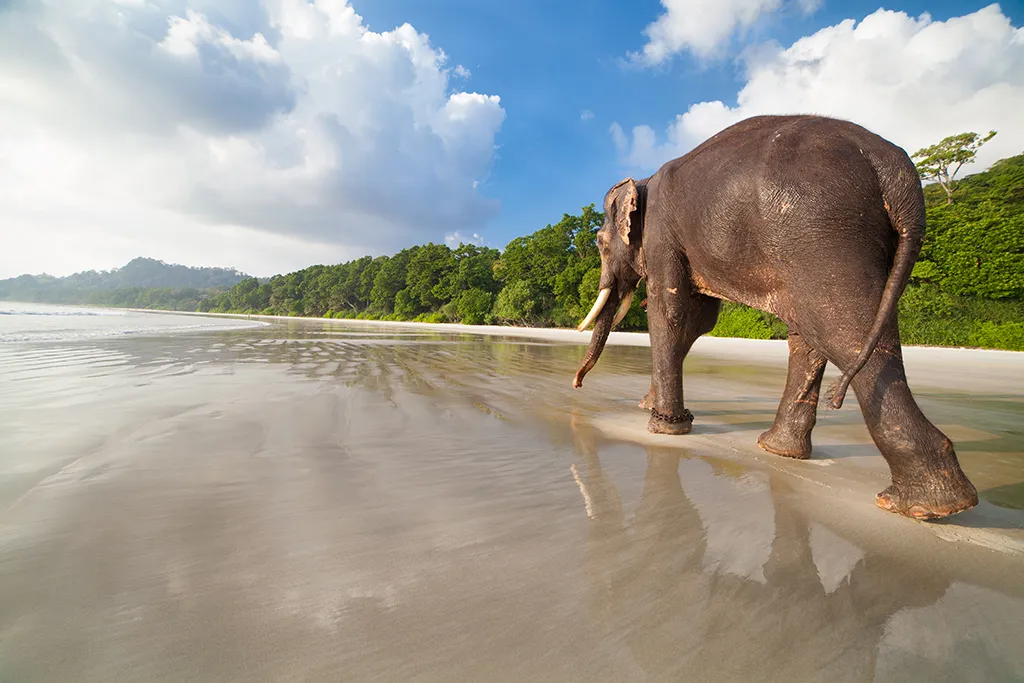
Another result (at least mostly) of climate change: The Intergovernmental Panel on Climate Change predicts that a 1.5° Celsius rise in global temperature would put as much as 30 percent of species at the risk of extinction. Among the beloved creatures that would be threatened: snow leopards, Asian rhinos, tigers, African elephants, and many more.
15
Climate-Change Chaos

Many others dangers will result directly because of climate change. According to science writer Dawn Stover, writing for The Bulletin, just a few of these include, “Ocean acidification will continue to rise, with unknown effects on marine life. Thawing permafrost and sea beds will release methane, a greenhouse gas. Droughts predicted to be the worst in 1,000 years will trigger vegetation changes and wildfires, releasing carbon. Species unable to adapt quickly to a changing climate will go extinct. Coastal communities will be submerged, creating a humanitarian crisis.” And for more totally out-there science coverage, here are 30 Reasons Why the Ocean Is Scarier Than Space.
16
The Possibility of Self-Destruction
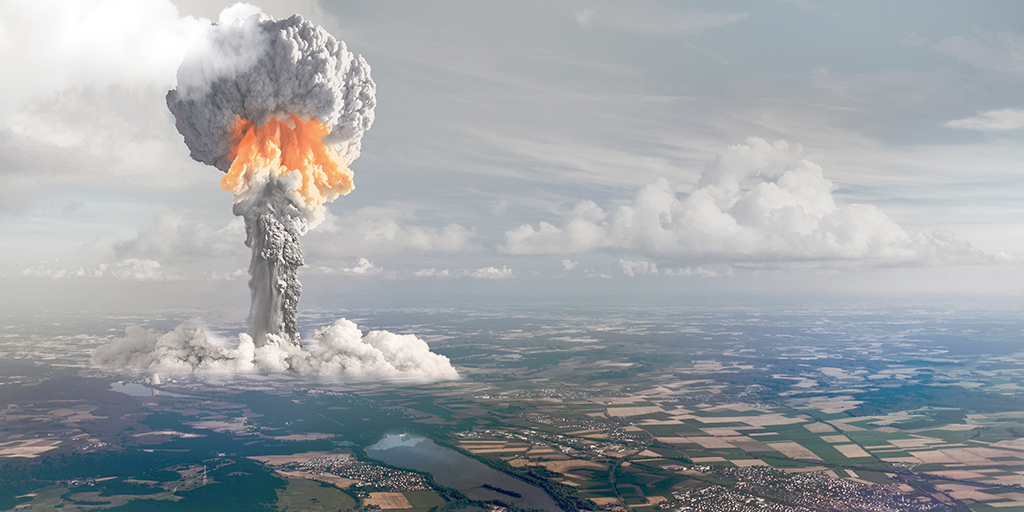
With the nuclear arsenal already available—nearly 15,000, according to the Plougshares Fund—we could destroy the Earth many times over. And while these weapons of mass destruction are under heavy security, threats from rogue nations and terrorists make it naïve to think a loose nuke couldn’t get into the wrong hands.
17
Bespoke Pandemics

Thanks to 3D-bioprinters and other bioengineering tools, it’s increasingly possible that someone with the right knowledge will be able to create their very own pandemic. This is such a concern that futurist Ray Kurzweil and technology expert Bill Joy criticized the U.S. Department of Health for publishing the full genome of the 1918 Spanish flu virus, expressing concern that it could be replicated and tweaked to catastrophic effect.
18
Weaker Antibiotics

A related biohazard of the future is that bacteria will become more resistant to antibiotics, making it more likely infections will spread. A report from the Institute and Faculty of Actuaries in Britain predicted that this “post-antibiotic world” could result in the deaths of more than 10 million people each year by 2050.
19
Computer Bosses

Perhaps worse than a robot taking our jobs, is a robot taking our boss’s job. That’s the prediction suggested by AI scientist Toby Walsh, author of It’s Alive!: Artificial Intelligence from the Logic Piano to Killer Robots. He suggests that it won’t be long before robots are our bosses. “We already trust them to match us with a spouse, and that’s one of the most important decisions we ever make,” he told News.au. “Indeed, there is an argument that matching people with jobs is an easier problem than matching people with each other.”
20
Drones Everywhere
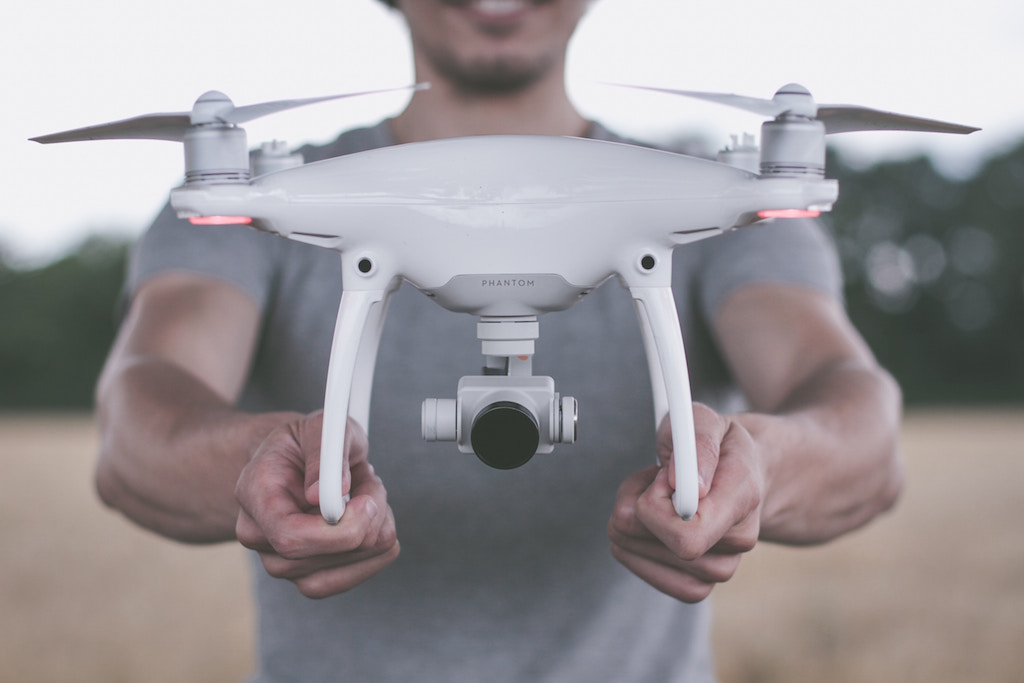
From delivering Amazon packages to spying on criminal behavior, we are going to rely on drones with increasing frequency. With scientists now close to constructing autonomous, honeybee-sized robots, it may be only a matter of time before these creatures fill the sky. And for more startling predictions, here are the 25 Crazy Ways Your Home Will Be Different in 2030—According to Futurists.
21
Peak Oil
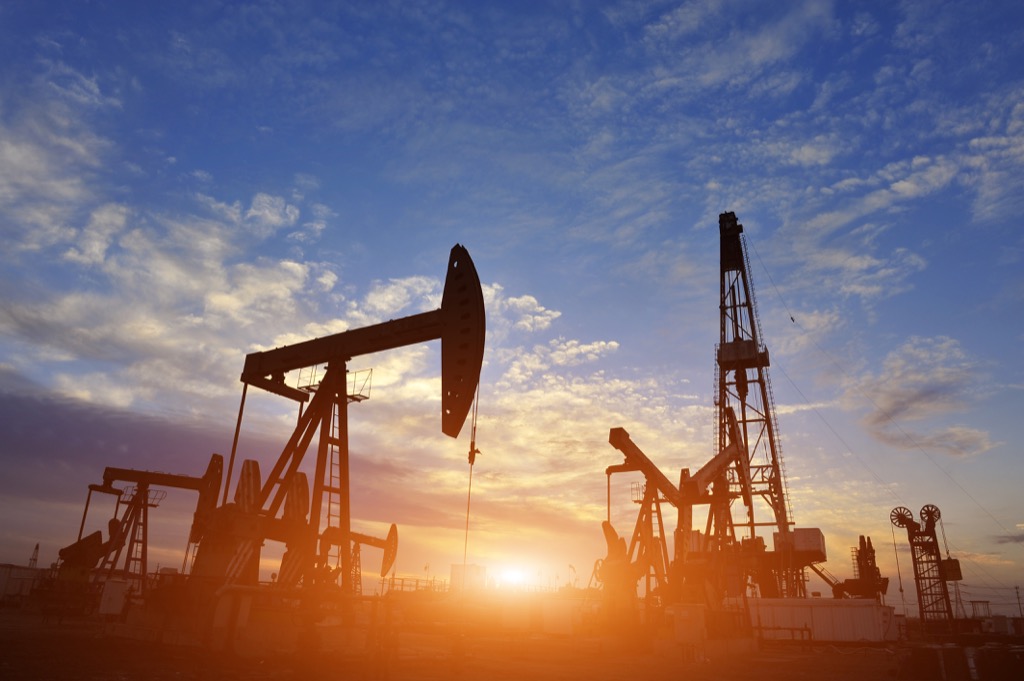
We are approaching a moment when global oil production will begin to decline. This will mean not only rapidly rising oil prices, but a drop in agricultural production, abandoned suburbs, and a long-term, widespread economic downturn. Of course, there’s a chance it might also result in the adoption of more sustainable clean energy sources, but experts across the board agree that won’t happen until a lot of suffering has come to pass.
22
Robot Discrimination
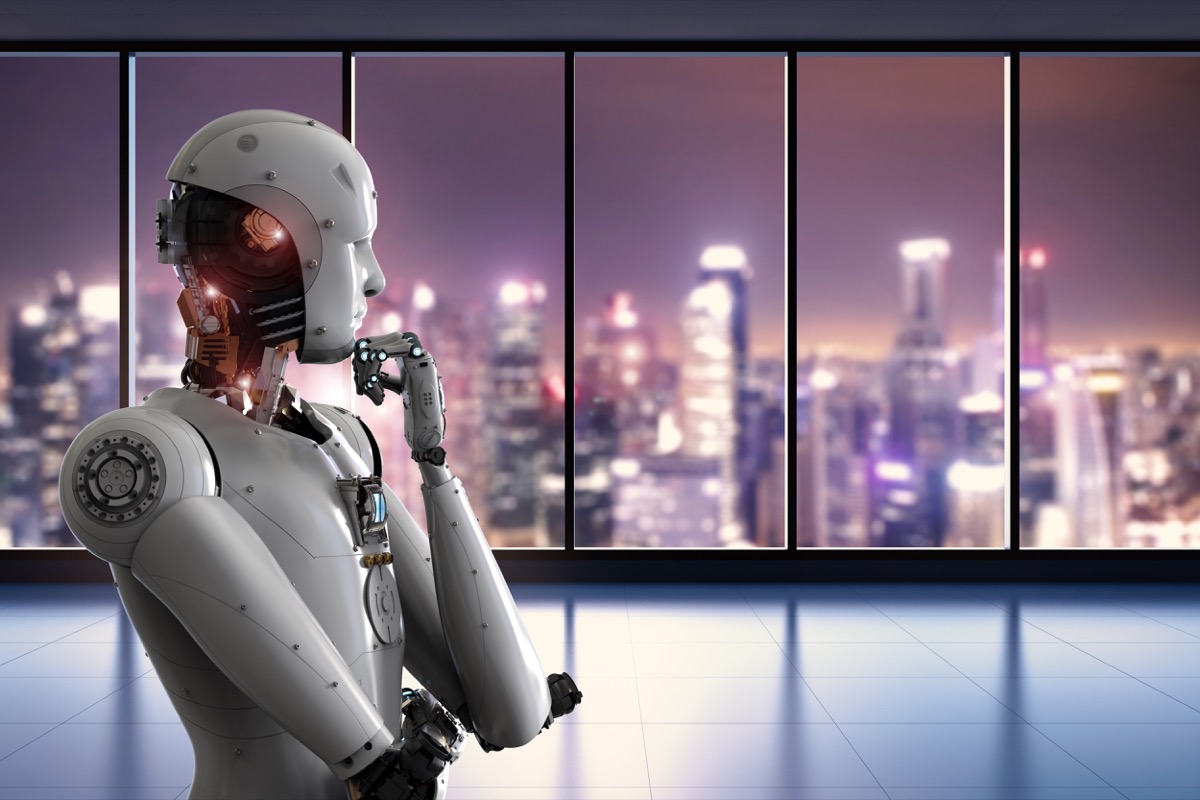
Robots are only as good as their makers, and sometimes those who develop them can—intentionally or not—program them to discriminate against others. (An extreme example is Tay, Microsoft’s chatbot that, shortly after powering up, started spouting racist comments.) But more subtle discrimination will be likely, according to Walsh, who describes it as an unintended consequence of AI: “We’re seeing this with unintended bias in algorithms, especially machine-learning that threatens to bake in racial, sexual, and other biases that we’ve spent the last 50-plus years trying to remove from our society,” he told CNBC.
23
Bugs For Food

Food shortages could result in us turning to a food source that requires far less of a drain on resources than livestock: insects. Crickets, ants, and other bugs may be the food of the future.
24
Internal Nanobots
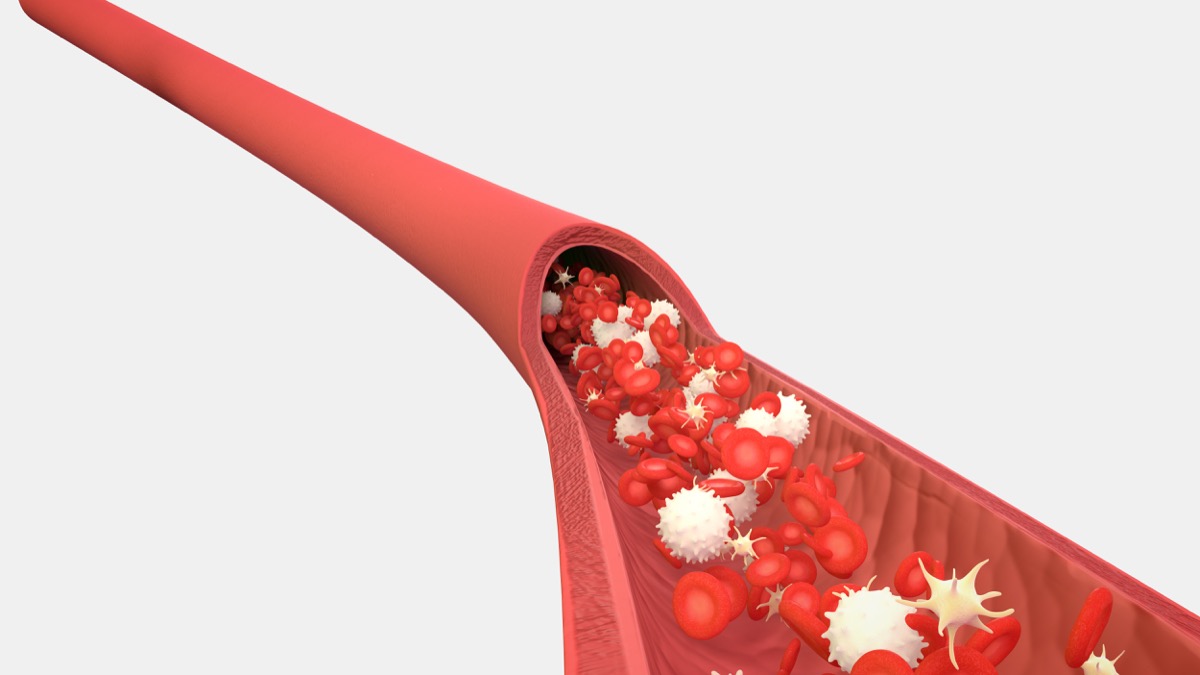
Technically this would actually be good for you, but it’s still a pretty frightening idea: Kurzweil expects that nanobots, inserted into the bloodstream, will be used to seek out and destroy cancer and other maladaptive cells. They could be used for preventive measures too, monitoring our bodies for any symptoms of something being off.
25
Asteroid!
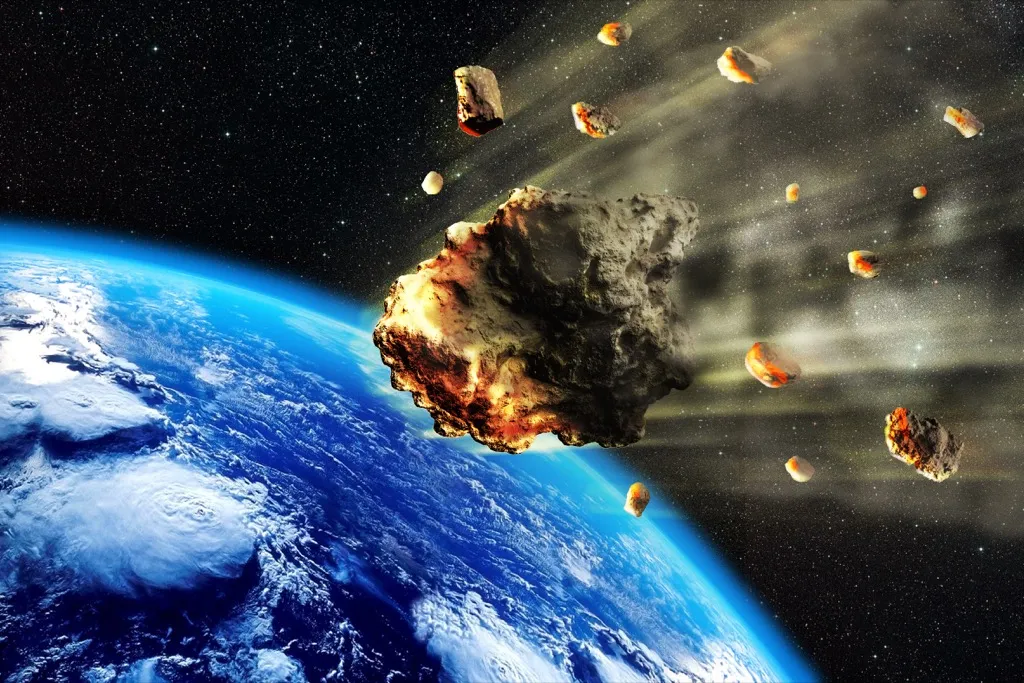
Any vision of future threats has to consider that age-old bringer of global destruction, the asteroid. NASA predicts that there is a slight chance (at most 1 in 300) that on March 16, 2880, a massive asteroid (nicknamed Asteroid 1950) will hit the Earth, bringing with it massive destruction. The chances of this happening are remote, but only time will tell. And for more on what the future holds, This Is What Life Could Look Like 200 Years from Now
To discover more amazing secrets about living your best life, click here to follow us on Instagram!